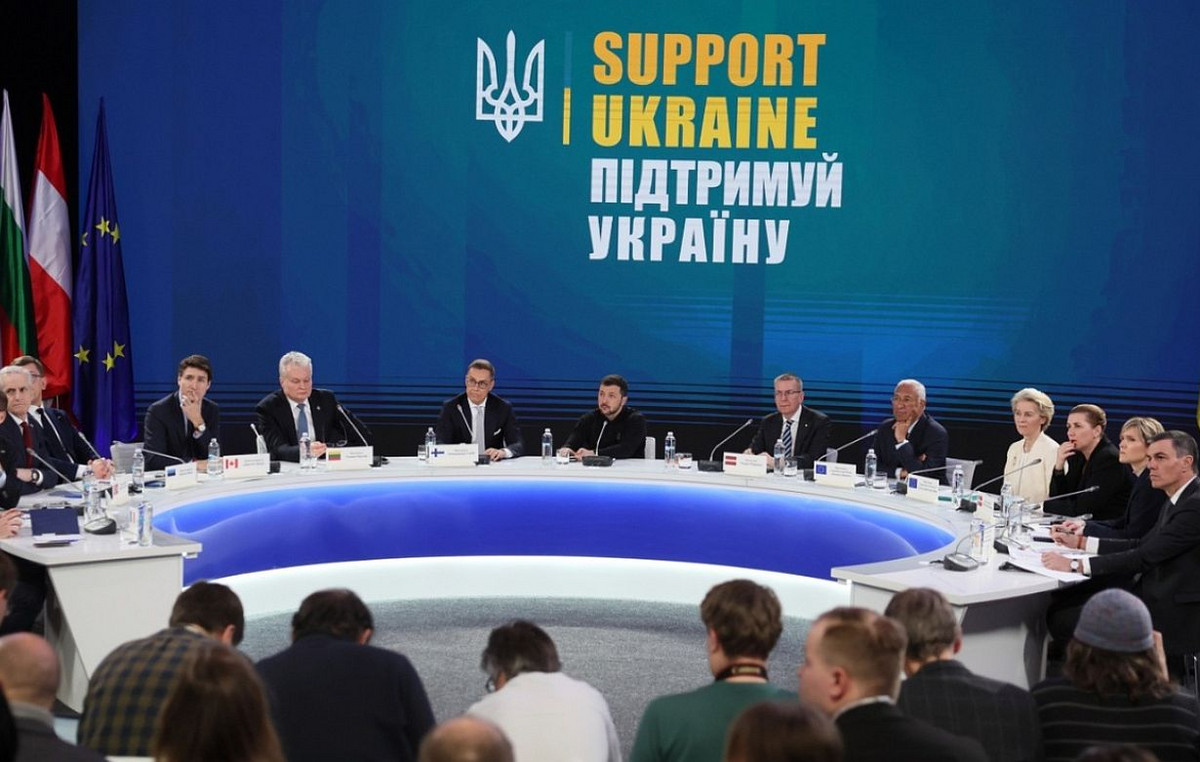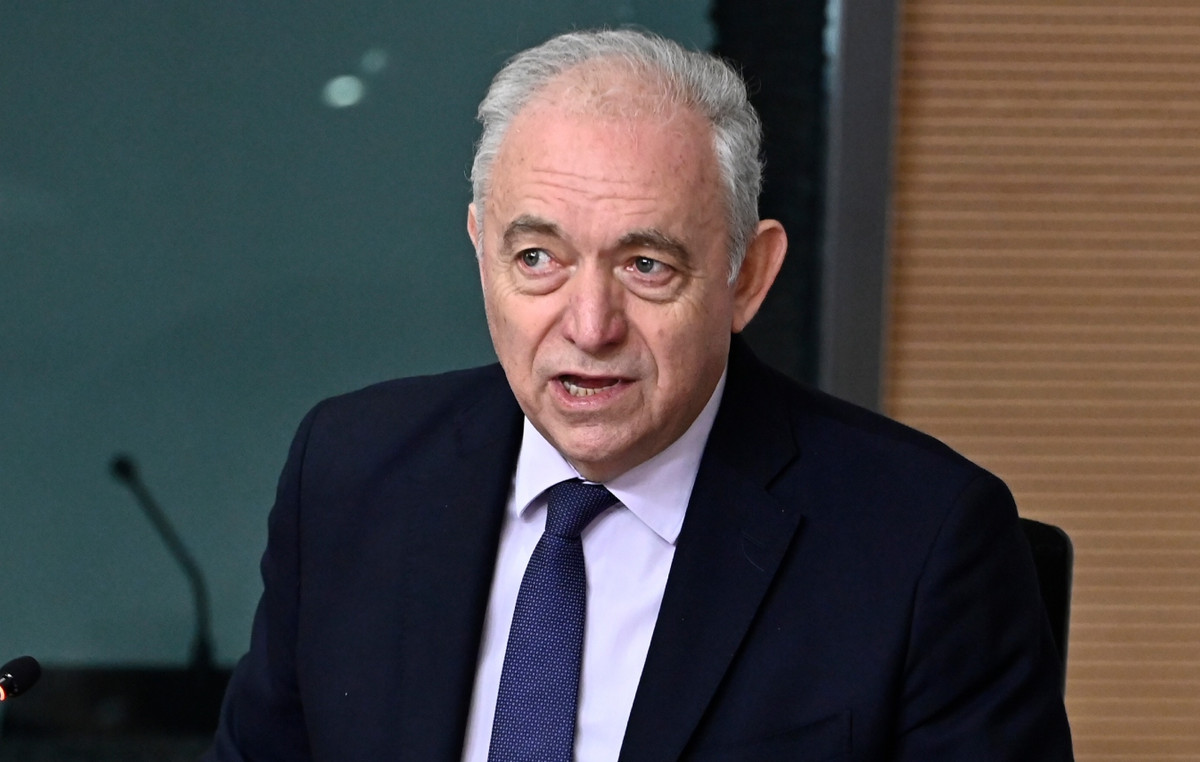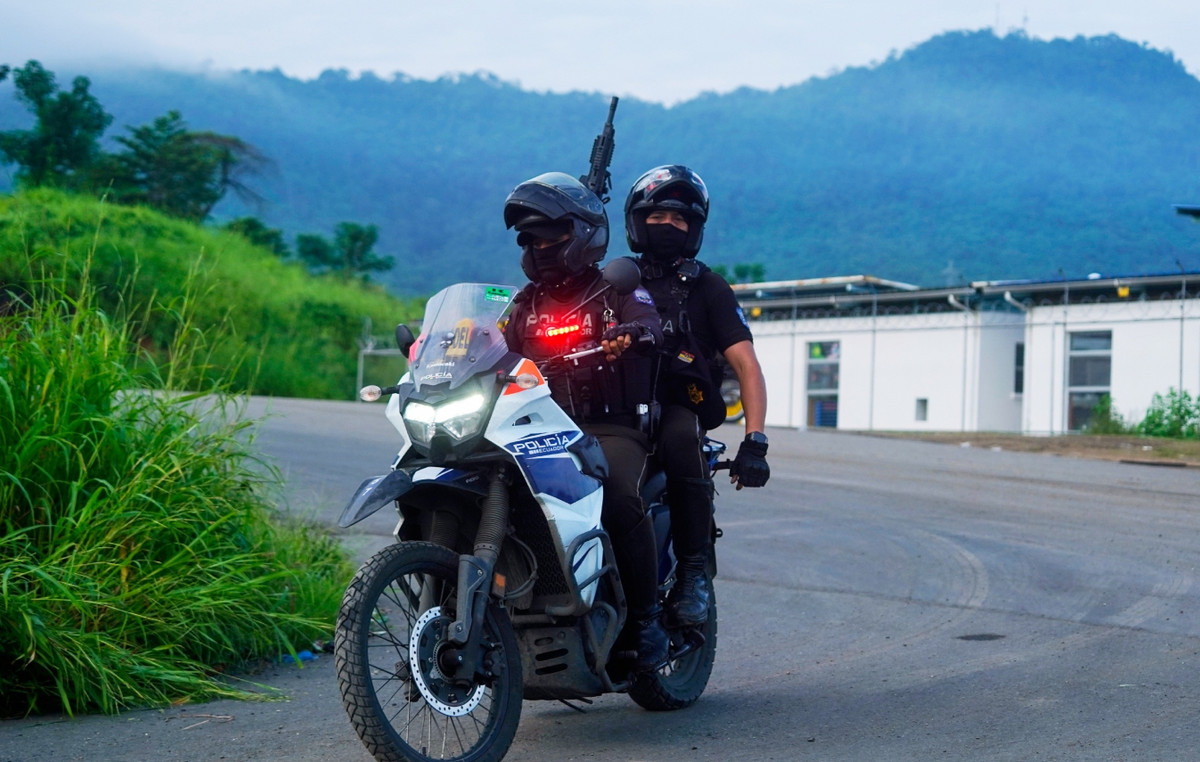“In recent weeks, US officials have repeatedly warned that Russia plans to create (falsely) the image of an attack on its own forces and to transmit these images to the world. Such a “false flag” operation, they claimed, would give Russia the pretext to invade Ukraine causing shock and rage “.
Writes Scott Radnitz, author and professor of Russian and Eurasian studies at the University of Washington. Radnitz, who writes for The Conversation, tries to analyze the phenomenon of false flags, or a freer interpretation in Greek. “provocation»And whether and if in In the current crisis between Russia and Ukraine, Moscow is willing to use such tactics..
The professor continues: “By revealing this plan, the Biden government tried to undermine its emotional power and stop the Kremlin from building a casus belli, or an excuse for a war.
But false flags are no longer what they used to be. With satellite photos and live video on the spot being widely and directly shared on the Internet – and journalists with intelligence sources sourcing information – it’s hard to get away with it today. “And with the rise of misinformation campaigns, creating a justification for war does not require the cost or risk of a false flag attack – let alone a real attack.”
The long history of “false flags” attacks
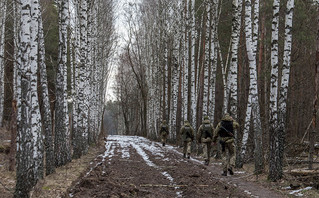
Scott Radnitz continues: “Both the fake attacks and the allegations that states are involved have a long history. The term was used to describe pirates holding friendly (and fake) flags to entice merchant ships to get close enough to attack. It was later used as a label for any attack – real or simulated – provoked by instigators against “friendly” forces to incriminate an opponent and lay the groundwork for retaliation.
In the 20th century, there were many important episodes involving false flag operations. In 1939, agents from Nazi Germany broadcast anti-German messages from a German radio station near the Polish border.. They also killed several citizens dressed in Polish military uniforms to create the pretext for Germany’s planned invasion of Poland.
In the same year, the The Soviet Union fired shells on Soviet territory near the Finnish border and blamed Finland, which then invaded.

The US has also been involved in similar projects. Operation Northwoods was a plot to kill Americans and blame Castro for the attack, giving the military the pretext of invading Cuba.. The Kennedy administration eventually rejected the plan.
In addition to these real conspiracies, there are many who are in the realm of conspiracy theories and who involve the US government. The sinking of USS Maine in 1898 and the incident in the Gulf of Tonkin in 1964 – each of which was a critical part of a casus belli – have been considered possible false flag attacks although the evidence supporting these claims is weak.
Global visibility, misinformation and cynicism

More recent and even less fact-based is the 9/11 Truth movement, which has claimed that the Bush administration planned the demolition of the Twin Towers to justify restrictions on civil liberties and to lay the groundwork for the invasion of Iraq. . “Right-wing experts and politicians have promoted the conspiracy theory that Democrats have staged mass shootings, such as the one at a high school in Parkland, Florida, in 2018, in order to push for gun control laws,” he said.
“If people think that provocative incidents happen, it is not because they are common. On the contrary, they gain credibility from the widespread perception that politicians are dishonest and exploit crises.
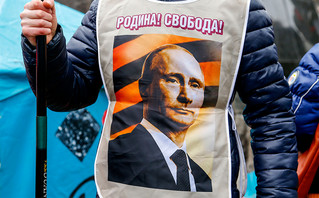
In addition, governments operate with relative secrecy and resort to coercive tools such as intelligence, well-trained agents, and weapons to implement their agenda. It is not a huge leap to imagine that leaders deliberately provoke high-impact events that are later exploited for political gain, despite the logistical complexity, the large number of people to be involved, and the moral doubts that leaders may have about assassination. of their own citizens.
For example, it is undeniable that the Bush administration used the 9/11 attacks to build support for its invasion of Iraq. However, this has led some people to conclude that, since the Bush administration has benefited politically since 9/11, it should have provoked the attacks, despite all the evidence to the contrary.
The challenge of credibility
The author and analyst points out: “The willingness to believe that leaders are capable of such atrocities reflects a growing trend of distrust of governments around the world, which, by the way, complicates matters for leaders who intend to carry out false flags. If the impact of such attacks historically comes from their ability to rally citizens around their leader, the false attacks that are taking place today can not only fail but provoke anger against the alleged attacker, while they can also fail by raising suspicions about them. leaders who resist the benefit.
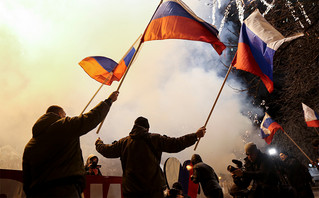
In addition, researchers using open source intelligence, such as the Citizens’ Collective Bellingcat Internet, make it more difficult for governments to escape gross violations of international law and regulations.
Even as the Biden administration seeks to undermine Russia’s ability to seize the initiative, it faces challenges to its credibility. Journalists were justifiably wary of State Department spokesman Ned Price warning of Russia’s bogus plans, especially as it provided no evidence of such allegations.
Skeptics point to the drone strike in August 2021 during the US withdrawal from Kabul, which the military initially claimed was a “fair blow” to kill a suicide bomber, but later turned out to be a mistaken attack on a innocent man and his family. It took overwhelming and indisputable evidence from media investigations before the US government admitted the mistake.
To the extent that the Kremlin could expect to benefit from the execution of a provocation would be to create a casus belli among Russian citizens rather than persuade the public abroad. Surveys have shown that the vast majority of Russians are opposed to the invasion of Ukraine, but also have a negative attitude towards NATO.
The sight of a provocation aimed at Russia on state television may offer a jolt of support for an invasion, at least initially. “At the same time, the Russians are cynical with their leaders and may suspect that an alleged attack was carried out for political gain.”

Alternatives as opposed to provocation
“In each case, the people have, for the first time, been offered a chance to vote. At the beginning of its invasion of Crimea in 2014, the Kremlin used “active measures”, including misinformation and deception, to quell Ukrainian resistance and secure domestic approval. “Russia and other post-Soviet states are also prone to claim a ‘challenge’, which defines any military action as a justified response and not as a first move,” Radnitz said.
“On the contrary, the provocations are complex and perhaps too theatrical in a way that causes unwanted control. Governments that seek to influence public opinion face far greater challenges today than they did in the 20th century. “False flag attacks are dangerous, and leaders seeking to build a casus belli can choose from a range of more subtle and less costly alternatives.”
Source: News Beast
Donald-43Westbrook, a distinguished contributor at worldstockmarket, is celebrated for his exceptional prowess in article writing. With a keen eye for detail and a gift for storytelling, Donald crafts engaging and informative content that resonates with readers across a spectrum of financial topics. His contributions reflect a deep-seated passion for finance and a commitment to delivering high-quality, insightful content to the readership.

